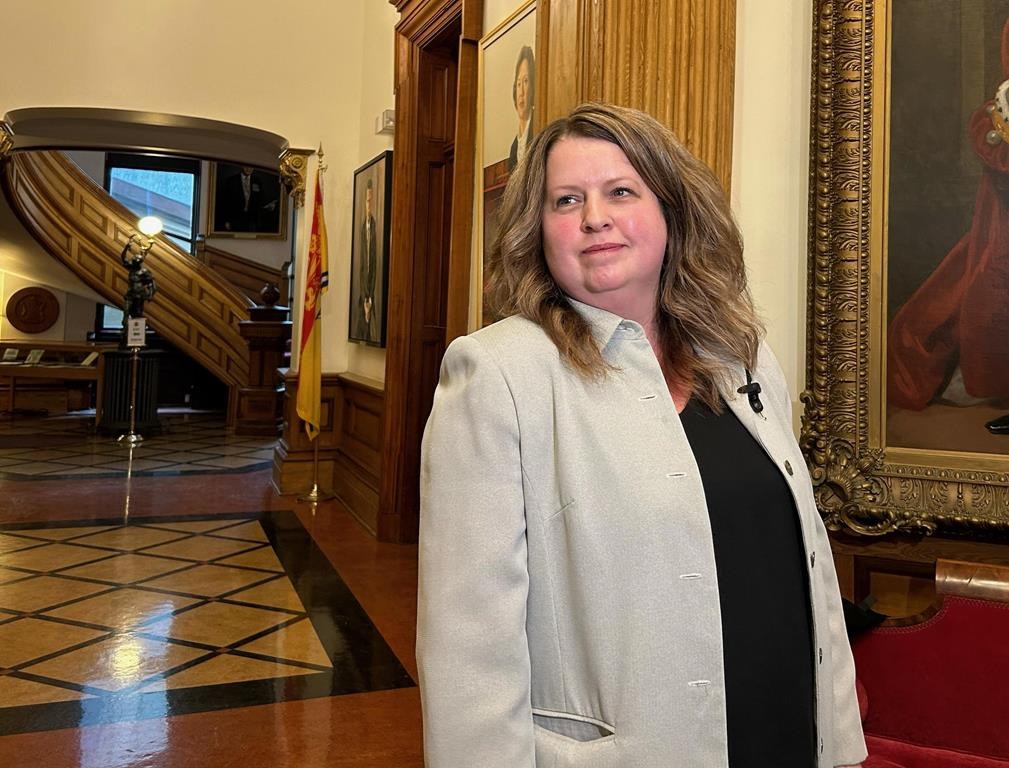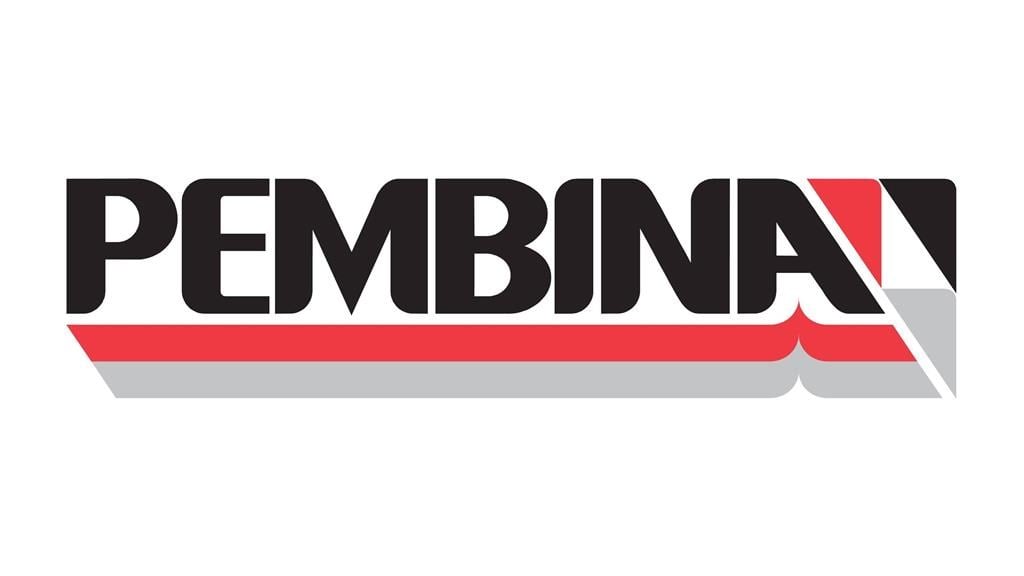
Open vs. closed mortgage: What's the difference?
Seksun Guntanid / Shutterstock
Updated: March 01, 2024
If you’re purchasing a home, you’ve probably spent days, weeks, or even months trying to find the perfect one. The location, the number of bedrooms, the layout – all things you’ve thought about and hummed and hawed over.
Have you spent the same amount of time thinking about the type of mortgage you’d like? Probably not, and that’s OK.
Mortgages aren’t exactly as exciting as comparing countertops and planning backyard renovations. However, there are a few things you should think about before signing on the dotted line. One of those is whether you’d prefer an open or a closed mortgage.
Not sure what the difference is? Perfect. That means you’re in the right place.
Open mortgage
Think of open mortgages as the cool, laid-back types of the mortgage world. With an open mortgage, can make as many payments as you like, as long as you stick to the regular payment schedule while doing so.
Got a side hustle and not sure what to do with the money? Big bonus at work? An inheritance that you’d like to use responsibly? You can use that extra cash to pay down your mortgage sooner – if you’ve got an open mortgage, that is.
An open mortgage allows you to shorten your mortgage amortization by allowing what is called 'prepayments' (a fancy way of saying extra mortgage payments) without charging you a penalty. This kind of flexibility means you can lump additional cash toward the principal of your home and build equity more quickly.
Open mortgages also easier to break if you decide to sell your home before your mortgage term is up. Generally, open mortgages have shorter terms than closed mortgages and often come with higher rates.
So, there’s a tradeoff to enjoying that flexibility.
Closed mortgage
If open mortgages are laid back, closed mortgages are a little more strict. They’re like the parents who make sure their kids follow a set diet without allowing any extra treats. Sure, they get all their nutrients and keep their caloric budget in line, but wouldn’t it be nice to branch out and have a little extra every once in a while?That’s what a closed mortgage is like – ridged, but fair.
Closed mortgages might only allow a certain amount of prepayments per year or term, or not allow prepayments at all. If you do choose to make these additional payments, you might be charged prepayment penalties.
If you decide to break a closed fixed-rate mortgage before the term ends, if, for example, you decide to sell before your contract expires, you'll probably face a charge for the remaining interest. The lender will figure this out using something called the interest rate differential (IRD). The closer you are to the beginning of your term when you end the mortgage, the bigger the penalty tends to be.
Now, if you're looking to break a closed, variable-rate mortgage, the usual penalty is about three months' worth of interest. It’s not all doom and gloom, though.
The good news for those who choose a closed mortgage is that they often come with lower rates and longer terms. So, similar to open mortgages, there’s a little give and take.
Key differences between open and closed mortgages
Let’s take a look at the major differences between open and closed mortgages.
Open vs. closed mortgage: Which is right for you?
All right, now’s the time to decide. Well, not really; the time to decide is when you’re about to sign on the dotted line. But, hopefully you’ve got a better sense of which type you’d prefer.
Not-so-secret tip: You can speak with a mortgage broker to help you decide which is best for you. Before that, though, here are some things to consider.
You might want an open mortgage if you like flexibility and having the ability to make additional payments or pay your mortgage off early. Or, if you think you might want to sell your home before the end of your mortgage term and don’t mind paying a higher rate and having a shorter mortgage term.
Since open mortgages are typically shorter-term (think a year instead of five years), an open mortgage might be a good choice if you believe interest rates are headed down in the near future.
Locking in to a longer-term closed mortgage could mean a missed opportunity for cheaper rates in the future.
On the other hand, a closed mortgage might be for you if you have a set budget and aren’t interested in making additional mortgage payments. If you know you’ll be in your home long-term, longer rate options also make closed mortgages appealing.
You’ll also benefit from cheaper rates. Since the security of a closed mortgage is preferable to lenders, they entice homebuyers by offering a discount over open mortgage options.
You might also want to lock into a closed mortgage if you believe interest rates will rise in the future. Since they offer longer terms, you can have the assurance that your budget won’t be hit at renewal if rates increase.
Both mortgage options have their positives and their negatives. Like everything in life, there’s never a perfect solution: No matter which one you choose, you’ll have to compromise on something.
With closed mortgages, that’s flexibility. With open mortgages, that’s discounts and longer-term security.
Another less known option to consider a short-term convertible mortgage. These mortgages start off as open mortgages for about six months and come with interest rates that fall somewhere between closed and open mortgages.
With a convertible mortgage, you have the flexibility to extend it at a new rate later on. This would allow you to make take advantage of an open mortgage in the short-term but also benefit from the security of a closed mortgage in the long-term.
Don’t be afraid to shop around. Speak to a mortgage broker and see what sort of options are available for both open and closed mortgages.
Then, compare the rates on a mortgage calculator to see which mortgage best fits with your budget and financial goals.

Justin is a writer and editor who has been covering personal finance for over 10 years. He's written for companies such as KOHO, Ratehub, BMO, Zoocasa, and Questrade, among others. Justin also created a course in Content Creation, which he taught at York University for four years. When not writing, Justin can be found at a live concert, on the golf course, riding a motorcycle, or sailing.
Disclaimer
The content provided on Money.ca is information to help users become financially literate. It is neither tax nor legal advice, is not intended to be relied upon as a forecast, research or investment advice, and is not a recommendation, offer or solicitation to buy or sell any securities or to adopt any investment strategy. Tax, investment and all other decisions should be made, as appropriate, only with guidance from a qualified professional. We make no representation or warranty of any kind, either express or implied, with respect to the data provided, the timeliness thereof, the results to be obtained by the use thereof or any other matter.





